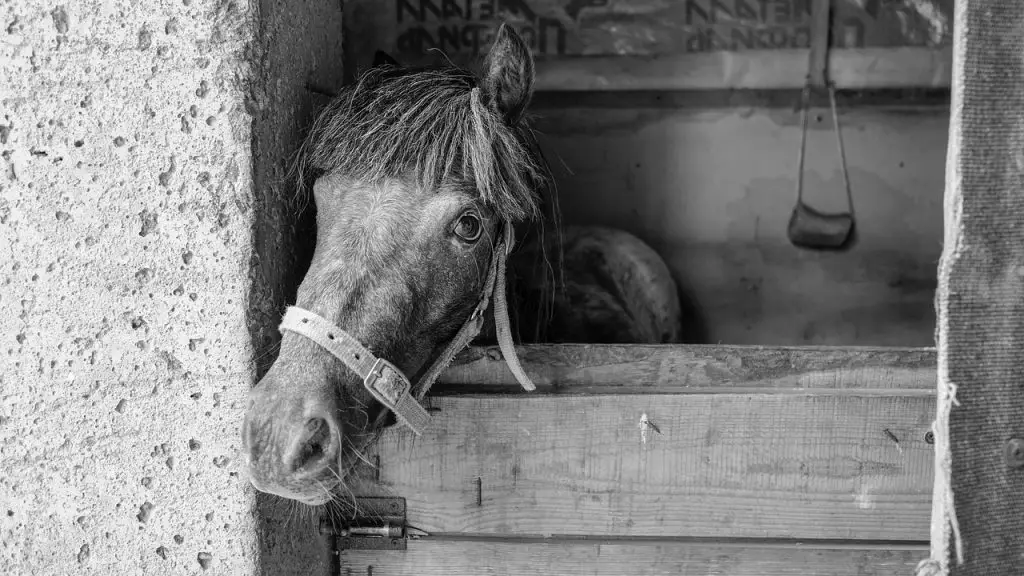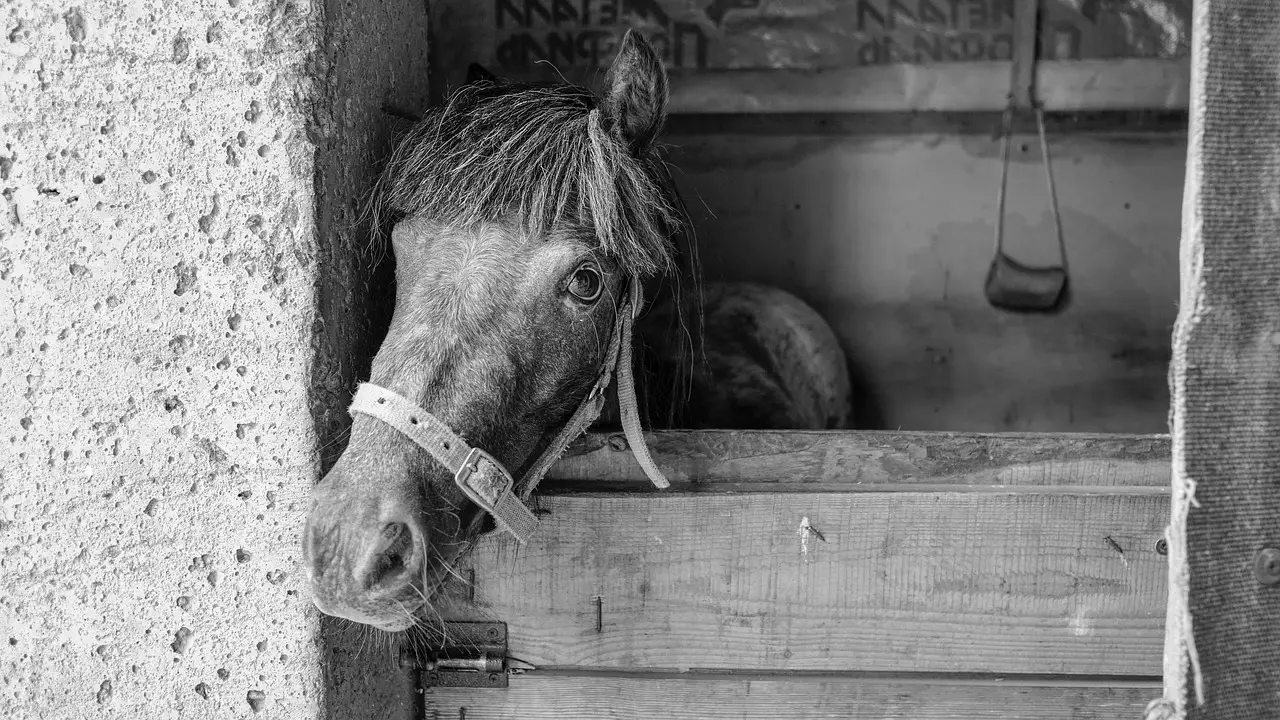Last Updated on March 11, 2022 by Allison Price
Vitamin E is one of two vitamins horses can’t produce in their own bodies. It is an essential part of horse’s diet. Vitamin E is essential for horses’ nerve and muscle functions, immune responses, and antioxidant actions. A lack of vitamin E can cause muscular dystrophy, or weak muscles that don’t receive enough oxygen. This can also lead to other complications such as Tie up, Polysaccharide storage issues, liver problems and eye disorders. Immunity problems may also be caused by a deficiency of vitamin E. Vitamin E supplementation for horses is therefore a must. Although horses get their vitamin E from grass, research has shown that most grasses in the country have zero vitamin E since mid October. These are some ways to determine if your horse is suffering from a vitamin E shortage.

Dry/Damaged Coat
It is not easy to detect a vitamin E deficit. However, a dry or damaged skin or coat is a clear indicator of this condition. These symptoms indicate that your horse requires more vitamin E.
Eye Problems
Damage to your horse’s eyes is a great indicator that you have vitamin E deficiencies. A sign that your horse is suffering from vitamin E deficiency is the presence of brown pigment in their eyes. Horses can also be affected by this condition if they are not treated.
Muscle Issues
Your horse may feel sore, stiff, or pain in his muscles. This is an indication that not enough oxygen is being delivered to the muscles. Vitamin E is the horse’s defense against harmful free radicals that can damage the horse’s immune system and prevent oxygen uptake.
Neurological Problems
If your horse has trouble balancing, it could be vitamin deficient. A horse that can’t stand on three legs or cannot balance on one leg, especially its hind legs, could be suffering from neurological disorders. Equine Motor Neuron Disease is one example. It can cause trembling and recumbency as well as low head carriage, shifting weight between the legs, and trembling. Equine degenerative myeloencephalopathy is another condition that affects horses’ brain stems and can lead to their death. High levels of vitamin E can be avoided.
Health-E has many benefits for horses and is the highest quality vitamin E supplement available on the American market. At 0.84 cents per day, it beats all other products. Health-E is the only horse vitamin that has been tested low in sugars and carbs. This makes it safe for horses with Insulin resistance and Cushing’s disease. It still holds the world record of the highest Vitamin E levels in horses after uptake. These were five times higher than the baseline.


